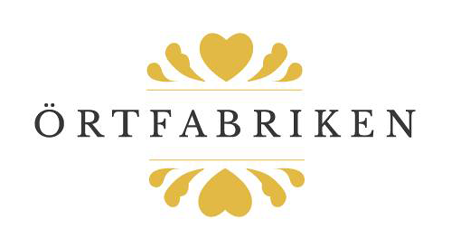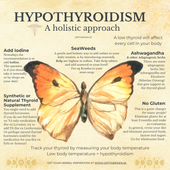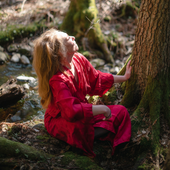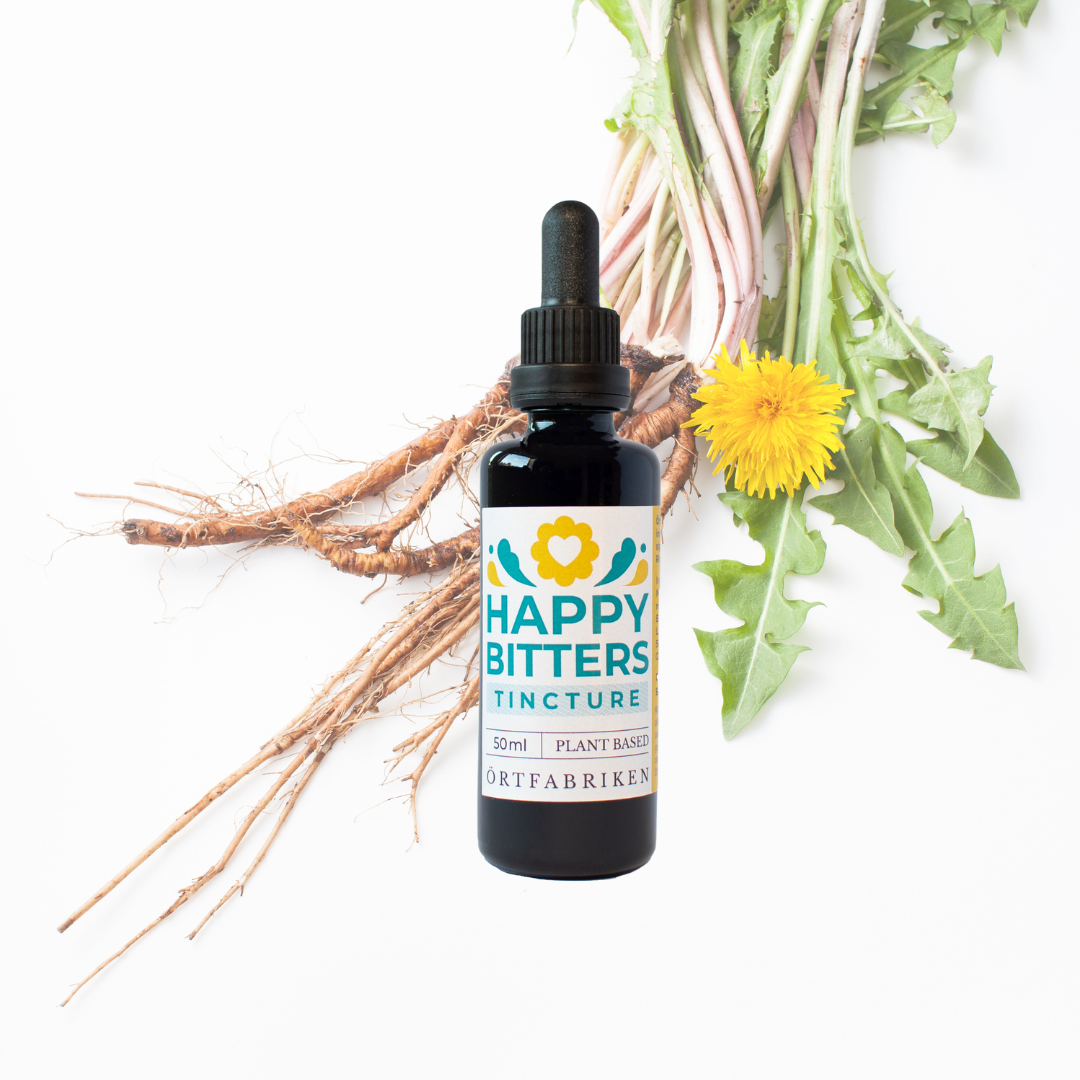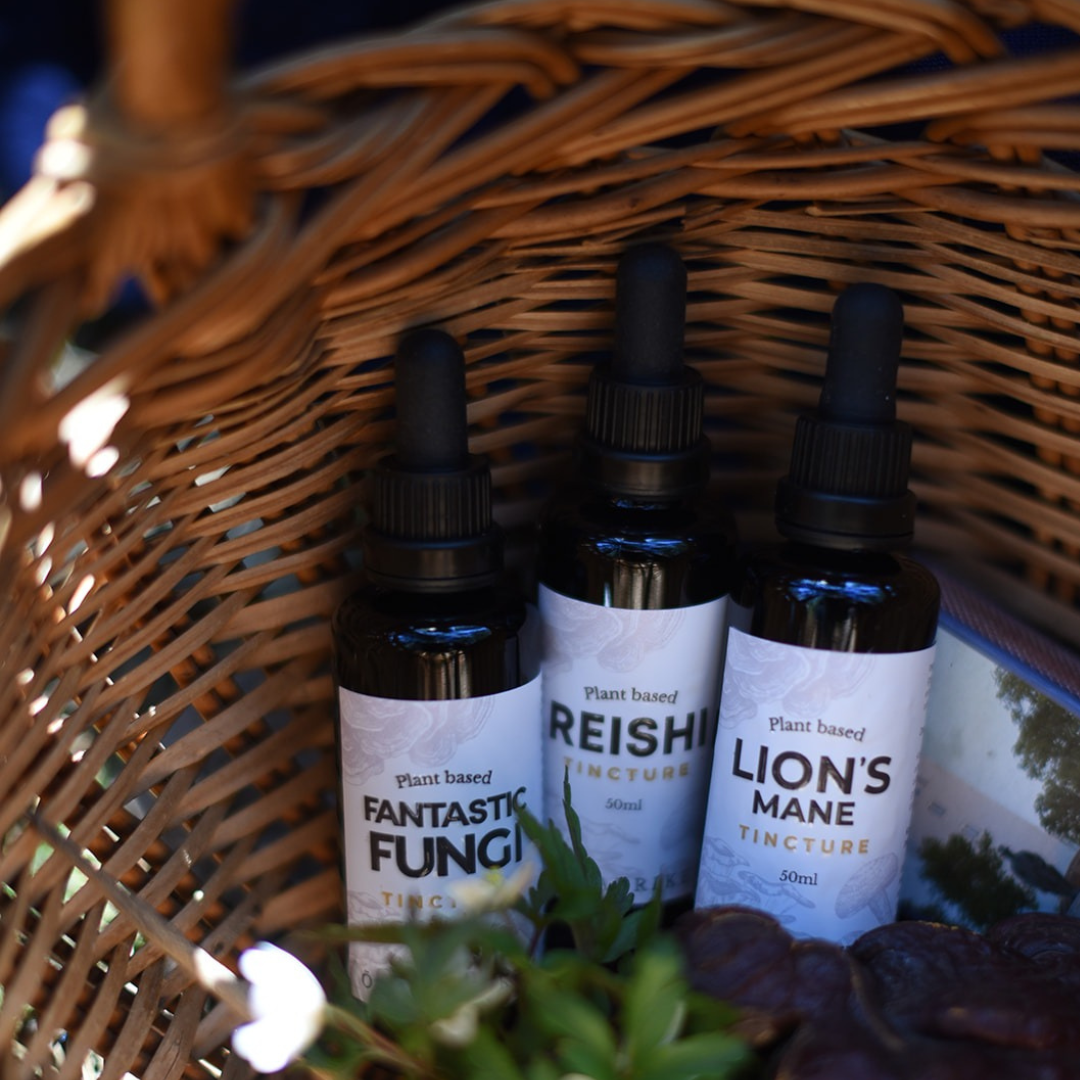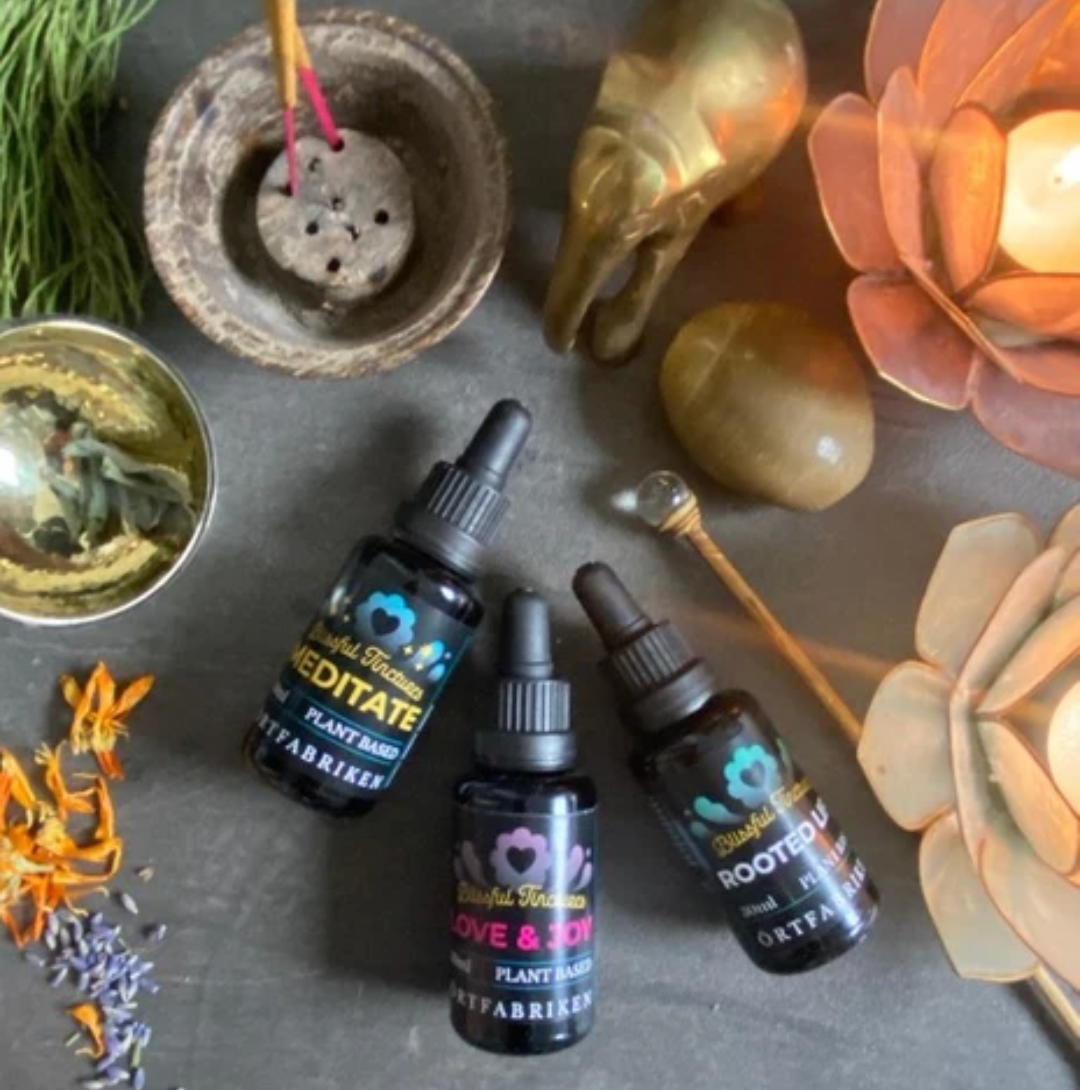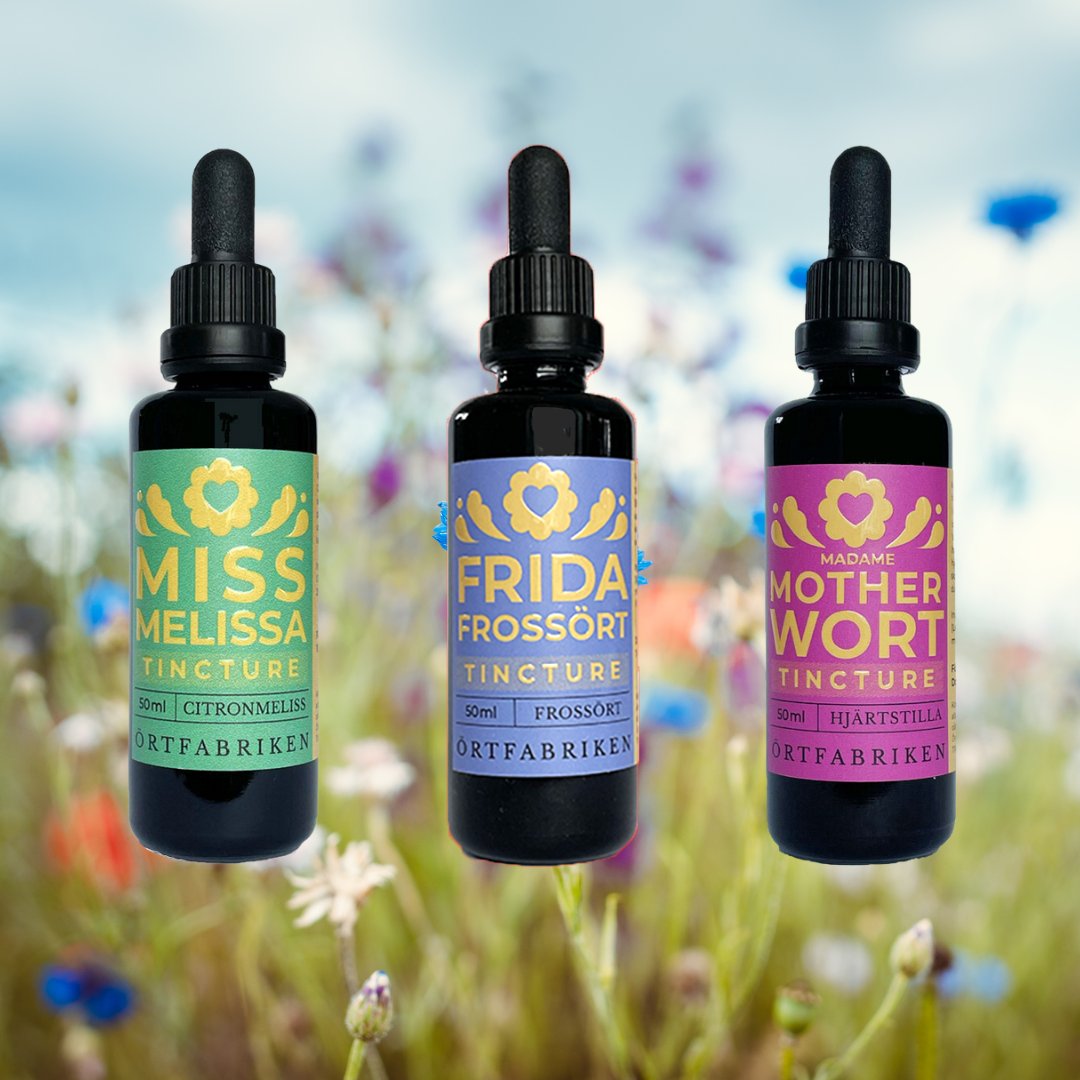Natural Support | Premenopause & Menopause
Dela med en vän ♡
Seven or eight years ago, I started reading about menopause frenetically. I've always been interested in hormonal balance and holistic ways to support ourselves. But I had never approached menopause before. Except with horror!
The image I carried with me was one of shame and fear. First, menopause was nothing to flaunt, as it was conveyed as a shameful condition. In addition, menopausal symptoms were a condition associated with physical and psychological pain. Since I had struggled with getting my thyroid and hormones in balance, I was convinced that menopause would be extremely painful.
That's why I wholeheartedly devoted myself to understanding perimenopause and menopause better. Knowledge is the best tool against fear! And so it really was. I am much more prepared now and have a broader toolbox to face this transformation. Herbs and a holistic approach can make transition symptoms easier.
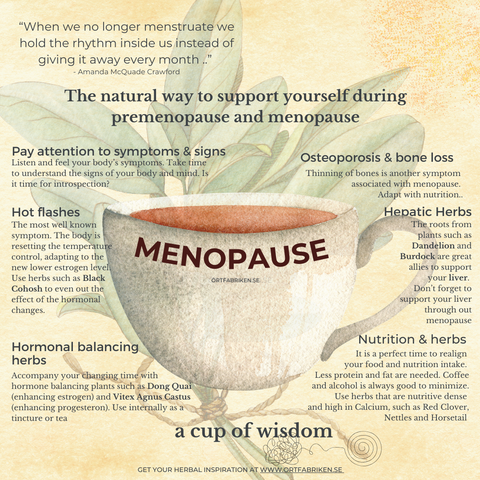
In the image I have mentioned a couple of the most common symptoms and also a couple of the most common herbs that we can use during the transition.
Here are the symptoms often mentioned in connection with menopause:
Herding
Osteoporosis and brittle bones
Dry mucous membranes and vaginal dryness
Irregular cycles, heavy bleeding
Increased risk of cardiovascular disease
Joint and body pain and a reduced pain threshold
Depression and insomnia
When you have these symptoms fed, it obviously gives you anxiety about how your own transition will be. Will I go psychotic? Will I be able to work? Will my family put up with me or will I have to move out into the woods... The more I read and the more I had the chance to use herbs and a holistic approach, the more secure I felt.
There is a rich, inherited knowledge of herbs for us as we go through the hormonal shifts of life.
Herbs are part of a holistic approach and we must of course combine them with other aspects. For example, reviewing how stress affects our everyday lives. But the fact is that herbs can give us support in special situations, such as Silverax in connection with heat. Or Dong Quai to prevent estrogen from dipping too much. But herbs can also give us nutrition and a formidable foundation to stand on to tackle demanding periods in our lives. Like Nettle, with vitamins and minerals and which is well suited to sneaking into a daily salad or in an herbal tea. Or Horsetail with a high calcium content which is well suited to strengthening our body.
The most common herbs that have been used for menopausal symptoms are:
Silver rush (Cimifuga Racemosa)
Monk pepper (Vitex Agnus Castus)
Dong Quai or Chinese Water Lily
Red clover, raspberry leaf and morning glory are great herbs for hormonal balance.
Herbs such as Nettle and Horsetail carry valuable nutrients and make good companions in a strengthening tea.
To strengthen our dear liver, there are many roots to choose from. My own favorites are Dandelion and Burdock root, which I like to combine with Alyssum.
How do you feel about menopause? And what herbs are you looking forward to using?
♡
Want to know more about herbs and herbalism? Check out Örtfabriken's blog. We have written several articles about hormonal balance and provide tips on books, podcasts and recipes.
